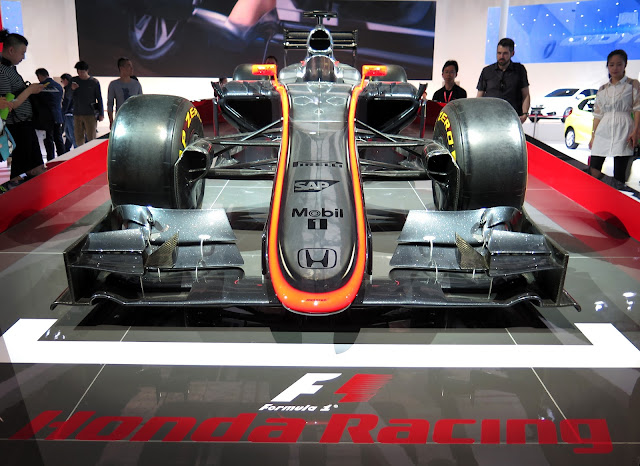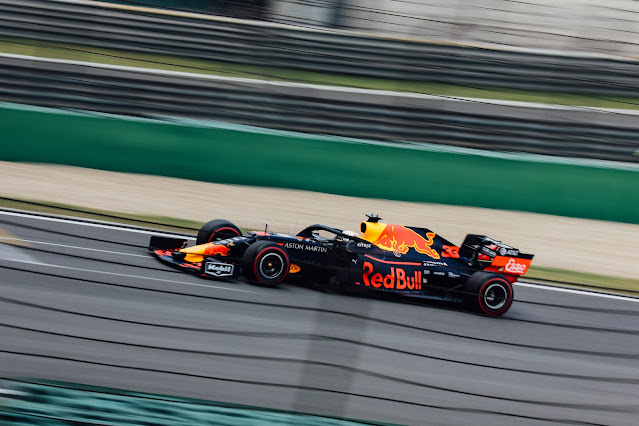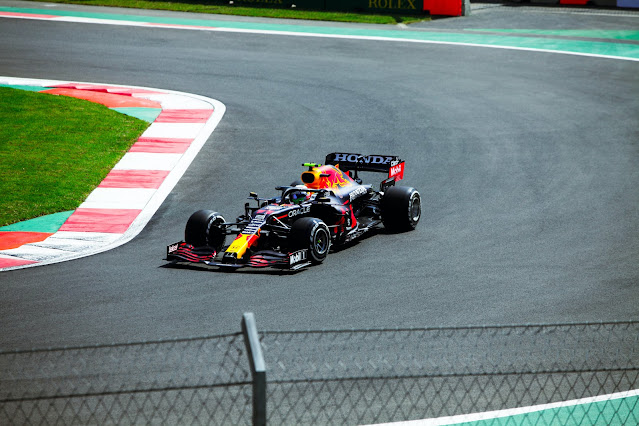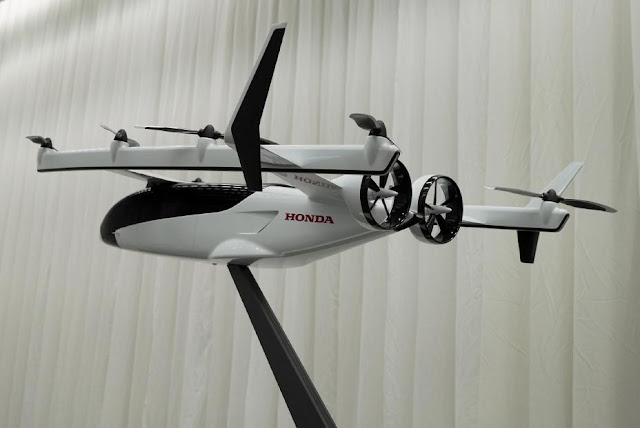Revitalizing Formula One: Honda and Aston Martin Join Forces to Drive Towards a Carbon-Neutral Future
As part of the partnership, Honda will supply power units consisting of engines and motors to Aston Martin. The company hopes that the knowledge and expertise gained through its involvement in Formula One will contribute to the development of all-electric vehicles and other innovative mobility products, including flying cars.
Honda's decision to return to Formula One is driven by the
sport's increasing focus on environmental sustainability. New regulations
effective from 2026 require power units to generate equal output from engines
and motors, significantly reducing carbon dioxide emissions. Participants are
also mandated to use carbon-neutral fuel.
Honda's President, Toshihiro Mibe, explained at a press
conference that the shift towards an environmentally sustainable event aligns
with Honda's commitment to achieving carbon neutrality. By participating in
Formula One, Honda aims to acquire valuable insights and advancements in
electric motor and battery technologies, which can be directly applied to the
production of future mass-market electric vehicles and other products.
It's important to note that the collaboration between Honda and
Aston Martin is specifically limited to Formula One, and Honda is not currently
considering the development of other vehicles in partnership with Aston Martin.
Honda has a storied history in Formula One. The company first
participated in the sport from 1964 to 1968, becoming the first Japanese
automaker to do so. After a hiatus, Honda returned in 1983 and achieved
remarkable success, dominating the championship in 1988 with drivers Ayrton
Senna and Alain Prost. Honda temporarily withdrew from Formula One in 1992 but
made a comeback in 2000, continuing until 2008. The company rejoined the
championship in 2015 but withdrew again in 2021 to focus on the development of
next-generation greener technologies, such as electric vehicles and
hydrogen-powered fuel-cell vehicles.
With its ambitious goal of selling only electric vehicles and
fuel-cell vehicles globally by 2040, Honda aims to lead the way in
decarbonizing the automotive industry. By leveraging its participation in
Formula One, Honda seeks to accelerate the development of cutting-edge
technologies that will drive the transition to a greener and more sustainable
future.
As Honda Motor Co. makes its triumphant return to the
prestigious world of Formula One, partnering with Aston Martin to push the
boundaries of greener and more sustainable vehicles, one can't help but wonder:
How will the knowledge and advancements gained from this thrilling challenge
shape the future of electric cars, flying cars, and other mobility innovations?
With Formula One serving as a testing ground for cutting-edge technologies, the
potential for revolutionizing the automotive industry and driving us closer to
a carbon-neutral future has never been more promising. The checkered flag
awaits, but the real race has only just begun. What groundbreaking developments
will emerge from the fusion of speed, power, and sustainability? Only time will
tell.





Comments
Post a Comment